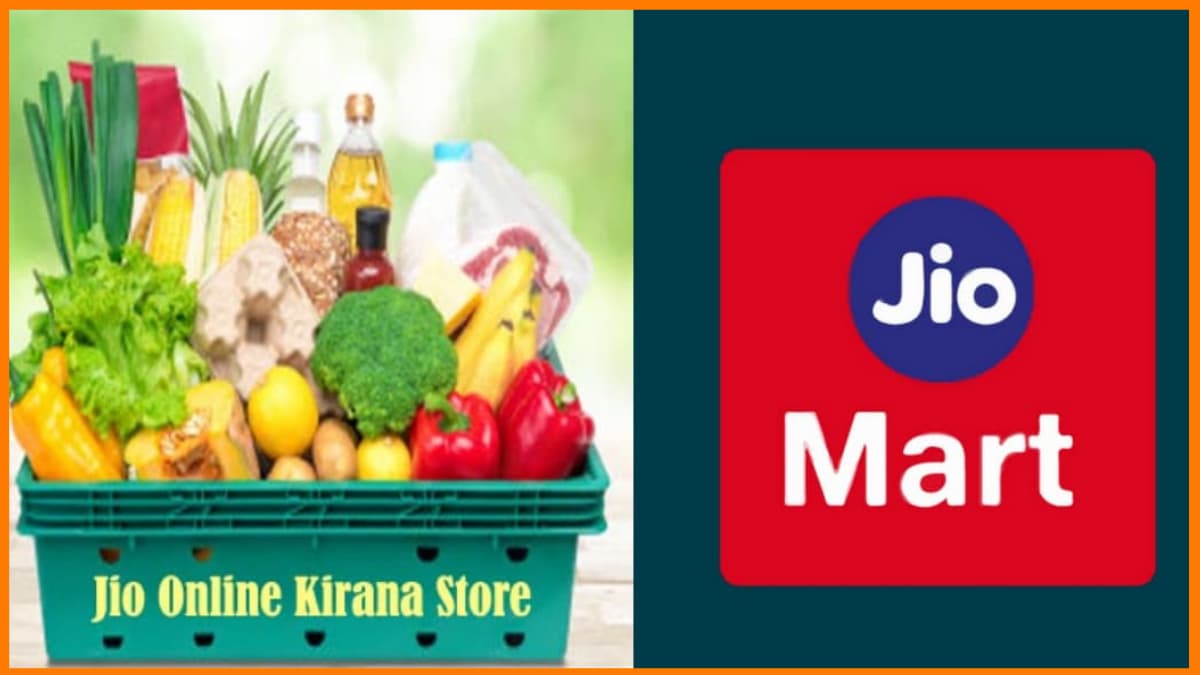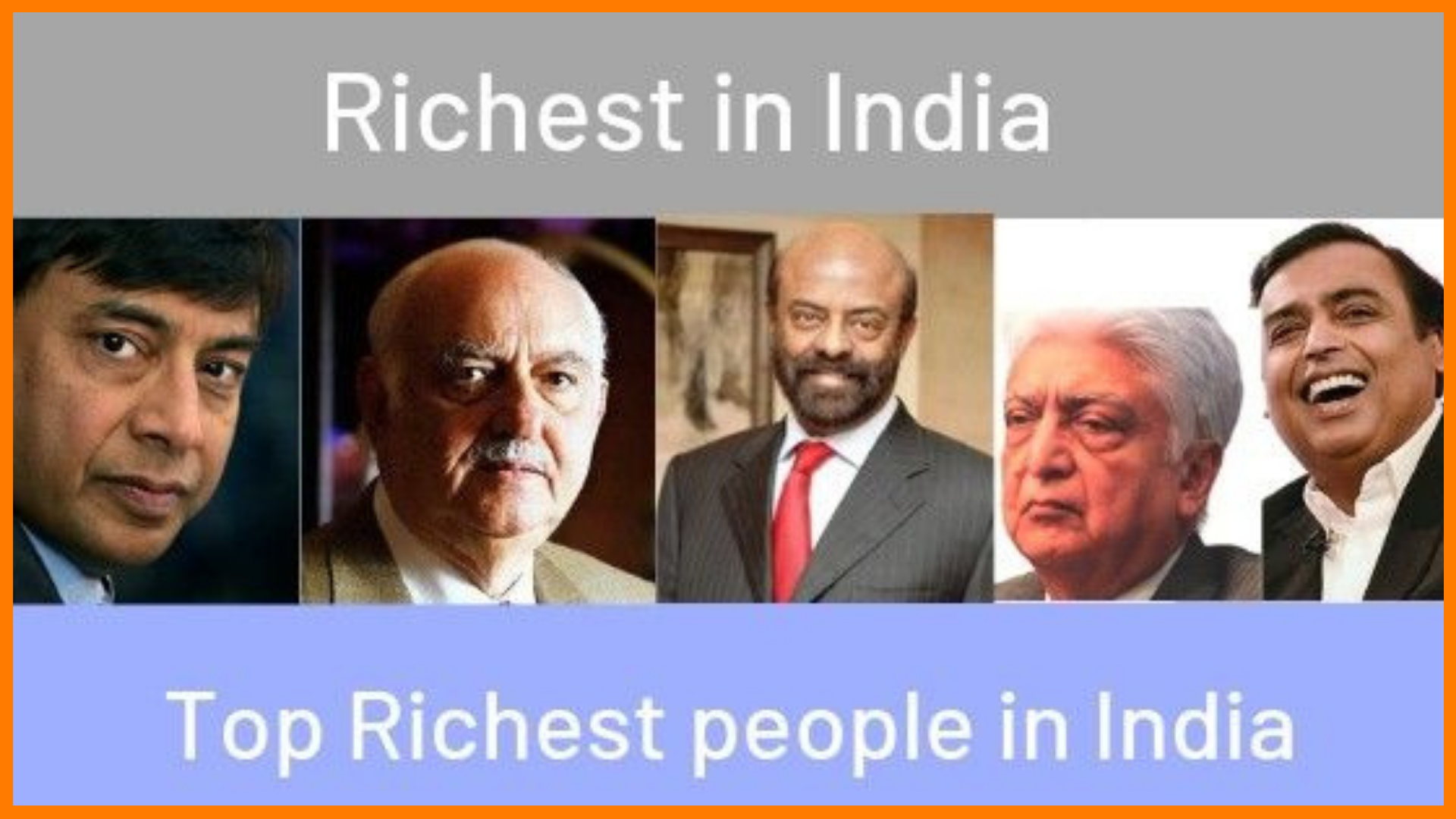Jio Financial Services collaborates with BlackRock to revolutionize wealth management and stockbroking in India, making significant strides in the financial sector.
Jio Financial Services, the financial arm of Reliance Industries, has recently tied up with US-based BlackRock to make significant strides in stockbroking and wealth management.
The company announced a significant agreement last month, signing with BlackRock Inc and BlackRock Advisors Singapore Pte Ltd to establish a 50:50 joint venture (JV) dedicated to launching a wealth management and broking business in India.
Jio Financial Services’ partnership with BlackRock, the world’s largest asset manager, is poised to revolutionize the way Indians access and manage their wealth, marking a significant milestone in the evolution of the country’s financial ecosystem. Notably, this marks the second collaboration between Jio and BlackRock, following their successful launch of an asset management venture last year.
With this new partnership, both entities are poised to further strengthen their presence in India’s financial landscape, leveraging their combined expertise to offer innovative solutions tailored to the evolving needs of Indian investors.
This article delves into the game-changing influence of Jio Financial Services and how it is revolutionizing the financial landscape. Jio Financial Services has emerged as a key player in the market, reshaping the way people access and manage their finances.
Jio Financial’s Role in Revolutionizing the Financial Landscape
Jio Financial Share Price and Its Significance
Exploring the Services Offered by Jio Financial
Jio Fin’s Competitive Advantage in the Market
Jio Financial’s Role in Revolutionizing the Financial Landscape
Jio Financial’s entry into the financial industry has been nothing short of revolutionary. By leveraging technology and digital platforms, Jio Financial has disrupted traditional financial practices and introduced a new era of convenience and accessibility. With its user-friendly interface and seamless integration, Jio Financial has made financial services more accessible to the masses, breaking down barriers and empowering individuals to take control of their financial future.
Jio Financial Services Ltd (JFSL) was incorporated in July 2023. JFSL is a NBFC registered with the Reserve Bank of India. The company is a holding company and will operate its financial services business through its consumer-facing subsidiaries namely Jio Finance Limited (JFL), Jio Insurance Broking Limited (JIBL), and Jio Payment Solutions Limited (JPSL), and joint venture namely Jio Payments Bank Limited (JPBL).
Jio Financial Services is redefining the way people engage with banking, investing, and wealth management. Through its collaborative ventures, like the recent equal joint venture with BlackRock in stockbroking and wealth management, the company is not just expanding its offerings, but also setting new standards for transparency, accessibility, and customer-centricity in the financial sector.
BlackRock’s deep understanding of global markets, combined with Jio Financial’s local insights and digital prowess, creates a potent combination that promises to unlock new opportunities and drive unprecedented growth in India’s financial sector.
By leveraging BlackRock’s world-class asset management capabilities, Jio Financial aims to offer a wide range of investment products and wealth management solutions designed to cater to the needs of both retail and institutional investors.

One of the key areas of focus for the partnership will be the expansion of Jio Financial’s stockbroking and wealth management business. With India witnessing a surge in Demat accounts and a growing appetite for investment opportunities, the timing couldn’t be more suitable for JioFin and BlackRock to join forces and tap into this burgeoning market.
In March 2024, India’s financial landscape witnessed a historic moment as the total number of demat accounts surpassed the 15 crore mark for the first time. This milestone, driven by sustained bullish momentum in the Indian market, reflects the growing interest and participation of investors in the country’s capital markets.
According to Motilal Oswal Financial Services, a leading domestic brokerage house, the total number of demat accounts surged to 15.1 crores in March 2024.

Jio Financial Share Price and Its Significance
The share price of Jio Financial has been a topic of interest for investors and financial analysts alike.
The soaring share prices of Jio Financial reflect the market’s confidence in its potential and growth prospects.
Should You Invest In RIL & JIO FIN Shares After Q4 Earnings?
Jio Financial Services stock soared to an unprecedented all-time high of Rs 394.70 per share on April 23, surpassing its previous record peak of Rs 384.85 per share. In the past one month, JioFin share has touched a peak of Rs 394.70 and reached a low of Rs 351. This surge underscores the remarkable momentum the stock has gathered in recent months.
On May 2, Jio Financial Services closed at 0.78% up at Rs 379.85 per share on the National Stock Exchange.
On May 2, at 2328 IST, BlackRock shares were trading at 0.56% up at Rs 755.85 per share on the New York Stock Exchange.
As more people recognize the value and convenience offered by JioFin’s services, the demand for its shares has skyrocketed. This surge in share price signifies the market’s belief in Jio Fin’s ability to revolutionize the financial sector and create substantial value for its investors.
We at StartupTalky spoke to financial expert Gaurav Goel, a SEBI Registered Investment Adviser on the current surge in Jio Financial services share price and his outlook about the company.
Considering the recent surge in Jio Financial Services’ share price, what factors are driving investor confidence in the company?
Mr. Goel: The recent surge in the stock price of Jio Financial Services is a reflection of the possibilities in the business model of the company. It is expected to disrupt the existing business models, use technology as a fulcrum, and provide seamless execution across the board. Backed by one of the most powerful and richest business groups in India, this NBFC has been created to provide a one-stop financial services company in the country. This includes payment services, insurance broking, and a newly formed 50:50 joint venture with Blackrock to enter the asset management business in India.
With the expansion of Jio Financial Services into stockbroking and wealth management through its joint venture with BlackRock, how do you assess the potential benefits for investors?
Mr. Goel: Blackrock is one of the biggest investment management companies across the globe, founded in 1988. It manages around 10 trillion dollars in assets (AUM) across a diverse range of equities, fixed income, and money market instruments with sound risk management practices. Their flagship product ‘Alladin’ has been a global disrupter in the financial space. They are not new to India either, having partnered with DSP earlier, but exited the business in 2018. Blackrock is known for its innovative investment strategies, technology-enabled products, and use of data analytics to run its business.
Their venture with Jio Financial is likely to be pathbreaking. They plan to invest up to USD 150 million each and create ripples in the 500-billion-dollar (and growing) asset management industry in India. While Blackrock will leverage its strength of asset management, Jio Financial will use its network and resources to reach out to millions of people across the country.
While the partnership looks attractive and the promise of disruptive delivery is exciting, it won’t be a cakewalk. A low-cost disruption like telecom won’t be easy due to regulatory challenges in the industry. Competition is well-established and intense and existing players will not give up that easily.
In what ways do you think Jio Financial Services’ innovative approach is reshaping traditional banking and investment practices in India?
Mr. Goel: The key differentiation lies in the use of technology, a comprehensive platform with a complete suite of products, risk management capabilities, financial muscle, use of existing network, and world-class strategic partnerships. The disruptor tag would ensure that it’s not taken lightly by other major players in the industry.

V.L.A. Ambala, a Research Analyst (SEBI Registered), and Co-founder of Stock Market Today (SMT) spoke to StartupTalky and commented on the company’s prospects.
As a research analyst, how would you advise investors to evaluate Jio Financial Services’ stock and its potential for long-term growth?
Mr. Ambala: My advice for those interested in Jio Financial Services’ stock would be to assess its potential for long-term growth and factor in its fundamentals to make an informed choice. For instance, the company’s recent collaboration with global giant BlackRock for JioFin development adds substantial credibility to the stock. Additionally, JioFin has delivered substantial returns since its listing, indicating promising growth prospects. Hence, I hold a bullish view of this stock. However, I would recommend individuals approach this stock with a long-term mindset, aiming for a holding period of 9 to 35 months to capitalize on its potential.
For those seeking short-term gains, caution is advised as the stock is currently trading in the overbought zone. So, investors may consider investing in parts or waiting for a dip before entering the market. A strategy for averaging could involve monitoring the 50-day Exponential Moving Average (EMA) and adding lump sums at the 200-day EMA to mitigate risks and maximize returns.
How do you interpret Jio Financial Services’ strategy of offering a wide range of financial services, including banking, insurance, wealth management, and digital payments, under one platform?
Mr. Ambala: Jio Financial Services’ strategy of offering an array of financial services under one platform mirrors its parent company Reliance Group’s approach to market dominance. Leveraging the parent company’s reach, Jio Financial Services aims to disrupt the financial services landscape in India. The business house’s strategy involves identifying profitable sectors, entering them, and swiftly acquiring a significant market share through aggressive means. We have seen this kind of approach work in past ventures like Jio Telecommunications and Reliance Retail.
In India, with a large population of skilled yet unemployed individuals, there is a notable demand for earning opportunities. Increased awareness and internet accessibility have further fueled the demand for financial services, especially in Tier 3 and Tier 4 cities. While Jio Financial Services initially may offer freebies to attract users and build a substantial user base, the long-term strategy involves implementing competitive pricing policies. While such tactics are common in business, concerns about their impact on small businesses persist.

With Jio Financial Services’ focus on digital-first operations and partnerships like BlackRock, what implications do you see for the broader financial industry in India?
Mr. Ambala: Jio Financial Services’ emphasis on digital-first operations and strategic partnerships like BlackRock could have significant implications for the broader financial industry in India. While small businesses in the financial sector may face challenges competing with giant entities, some may merge or collapse under intense pressure. However, partnerships like the one with BlackRock may bring more opportunities and technological support for traders and the investing community.
For instance, such associations could lead to the introduction of more advanced technologies and smart financial tools, enhancing the accessibility of financial services in India. Such developments could also help democratize access to investment opportunities and further empower individual investors. I also hope that the infusion of expertise from global financial giants could elevate industry standards and practices.
Exploring the Services Offered by Jio Financial

Jio Financial Services offers a comprehensive range of financial products and services tailored to meet the diverse needs of its customers. Here’s an overview of some key services provided by Jio Financial:
- Banking Services: Jio Fin provides digital banking solutions, including savings accounts, current accounts, and fixed deposits. Through its user-friendly mobile app and online platform, customers can conveniently manage their banking transactions, payments, and transfers.
- Investment and Trading: With its foray into stockbroking, Jio Fin enables customers to invest in equities, derivatives, mutual funds, and other financial instruments. Through its intuitive trading platform, investors can access real-time market data, research reports, and analytical tools to make informed investment decisions.
- Wealth Management: Jio Fin offers personalized wealth management services aimed at helping clients grow and preserve their wealth over the long term. This includes portfolio management, financial planning, retirement planning, and estate planning tailored to individual goals and risk profiles.
- Insurance Solutions: Jio Fin provides a range of insurance products, including life insurance, health insurance, and general insurance, to help customers mitigate various risks and protect their financial well-being.
- Digital Payments and Transactions: Leveraging its digital infrastructure, Jio Fin facilitates seamless digital payments, including bill payments, mobile recharges, and online purchases. It also offers a range of payment solutions for businesses, including POS terminals and digital invoicing.
- Loan Products: Jio Fin offers a variety of loan products, such as personal loans, home loans, and vehicle loans, to cater to the financing needs of individuals and businesses. Its streamlined application process and competitive interest rates make borrowing hassle-free for customers.
Overall, Jio Financial Services aims to revolutionize the financial landscape. By providing a seamless and integrated experience, Jio Fin has simplified financial management for individuals and businesses, making it easier than ever to navigate the complex world of finance.
Jio Fin’s Competitive Advantage in the Market
One of the key factors behind Jio Fin’s success is its competitive advantage in the market. With its extensive network and vast customer base, Jio Fin has a strong foundation to build upon.

Additionally, Jio Fin’s strategic partnerships and collaborations with other industry players have further strengthened its position in the market. By leveraging its brand reputation and technological prowess, Jio Fin has positioned itself as a formidable competitor, challenging traditional financial institutions and shaping the industry’s future.
- Strong Digital Infrastructure: Jio Fin benefits from Jio’s robust digital ecosystem, allowing for seamless online operations and customer interactions.
- Cost Efficiency: By operating primarily online and without physical branches, Jio Fin significantly reduces overhead costs compared to traditional banks.
- Innovative Technology: Jio Fin leverages cutting-edge technology to streamline processes, offer personalized services, and stay ahead of the curve in digital finance.
- Extensive Reach: With Jio’s widespread network across urban and rural areas, Jio Fin can reach a vast customer base, including underserved segments of the population.
- Strategic Partnerships: Collaborations with global financial players like BlackRock enhance Jio Fin’s product offerings and capabilities, giving it a competitive edge in the market.
- Customer-centric Approach: Jio Fin prioritizes customer experience, offering tailored solutions and proactive support, thereby building strong loyalty and retention among its clientele.
- Agility and Adaptability: Jio Fin’s nimble operations and agile decision-making enable it to respond quickly to market changes and customer needs, staying ahead of competitors.

Conclusion
The future of Jio Financial Services looks promising, with immense potential for growth and expansion. As more individuals and businesses embrace digital financial services, Jio Fin is well-positioned to capture a significant market share.
- Market Expansion: Jio Fin is set to capitalize on India’s growing demand for digital financial services. With its innovative approach and digital infrastructure, it can reach both urban and rural markets effectively.
- Product Diversification: Jio Fin aims to expand its offerings beyond traditional banking and investments. By introducing new fintech solutions and insurance products, it can cater to a wider range of customer needs.
- Technological Advancements: Jio Fin’s commitment to advanced technology will enhance customer experiences and streamline processes. Investments in artificial intelligence (AI), data analytics, and blockchain will keep it ahead in the market.
- Strategic Partnerships: Collaborations with global financial institutions will accelerate Jio Fin’s expansion into new markets and introduce cutting-edge financial products.
- Customer-Centric Focus: Jio Fin’s dedication to customer satisfaction remains key. Personalized services, responsive support, and transparent pricing will foster lasting customer relationships.
With its customer-centric approach and continuous innovation, Jio Fin is poised to introduce new features and services that will further enhance its value proposition. As the financial landscape continues to evolve, Jio Fin is likely to play a pivotal role in shaping the future of finance.
FAQs
What services will the new joint venture between Jio Financial Services and BlackRock offer?
The joint venture aims to establish a wealth management and broking business in India. This venture will likely offer a range of financial services, including investment advice, portfolio management, trading, and potentially other wealth management solutions tailored to the Indian market.
How will the partnership between Jio Financial Services and BlackRock benefit customers?
Customers can expect to benefit from the combined expertise and resources of both companies. With BlackRock’s global reputation and Jio’s extensive digital infrastructure, the partnership may offer innovative financial products, personalized services, and enhanced access to investment opportunities, ultimately aiming to empower customers to achieve their financial goals more effectively.
What are the key services provided by Jio Financial?
The key services provided by Jio Financial include banking services, investment and trading, wealth management, insurance solutions, digital payments and transactions, and loan products.












































































































